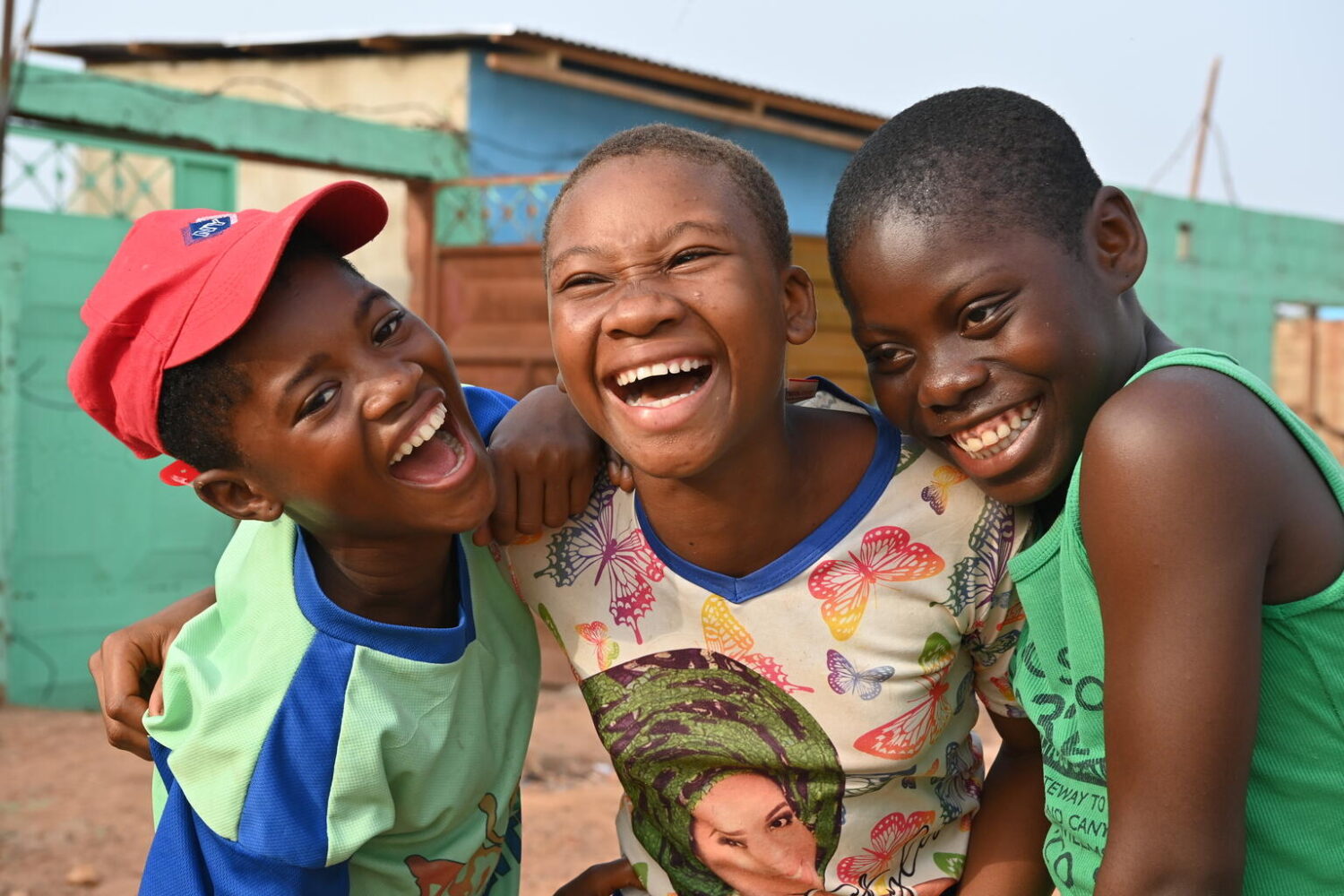
Education cannot wait
One in four of the world’s school-aged children now live in countries affected by crisis. Of these children, 75 million are in the most desperate need of support: they are either in danger of or already missing out on their right to education. During crises, children are particularly at risk of missing out on their education, yet schools provide a safe space and a vital routine for children during times of major upheaval. Education gives children the building blocks to rebuild their lives and,eventually, their country.
Despite the scale and gravity of the situation, now is a moment of opportunity – with increased high-level political commitment to enable access to quality education for all children and young people, leaving no one behind. In 2015 governments around the world adopted the Sustainable Development Goals, including Goal 4: to ensure that by 2030 all girls and boys have access to complete free, equitable and quality primary and secondary education. Without vital action to reach and teach those affected by emergencies and protracted crises, the world will fall far short of that goal.
In the lead-up to the first ever World Humanitarian Summit, repeated calls have been made for education and learning to be central to humanitarian action, and for guarantees that no child’s right to education be disrupted or interrupted by conflict or disaster. Education Cannot Wait: a Fund for education in emergencies – explained in this paper – heeds these calls and was developed to better meet the educational needs of millions of children and young people affected by crises around the world.

